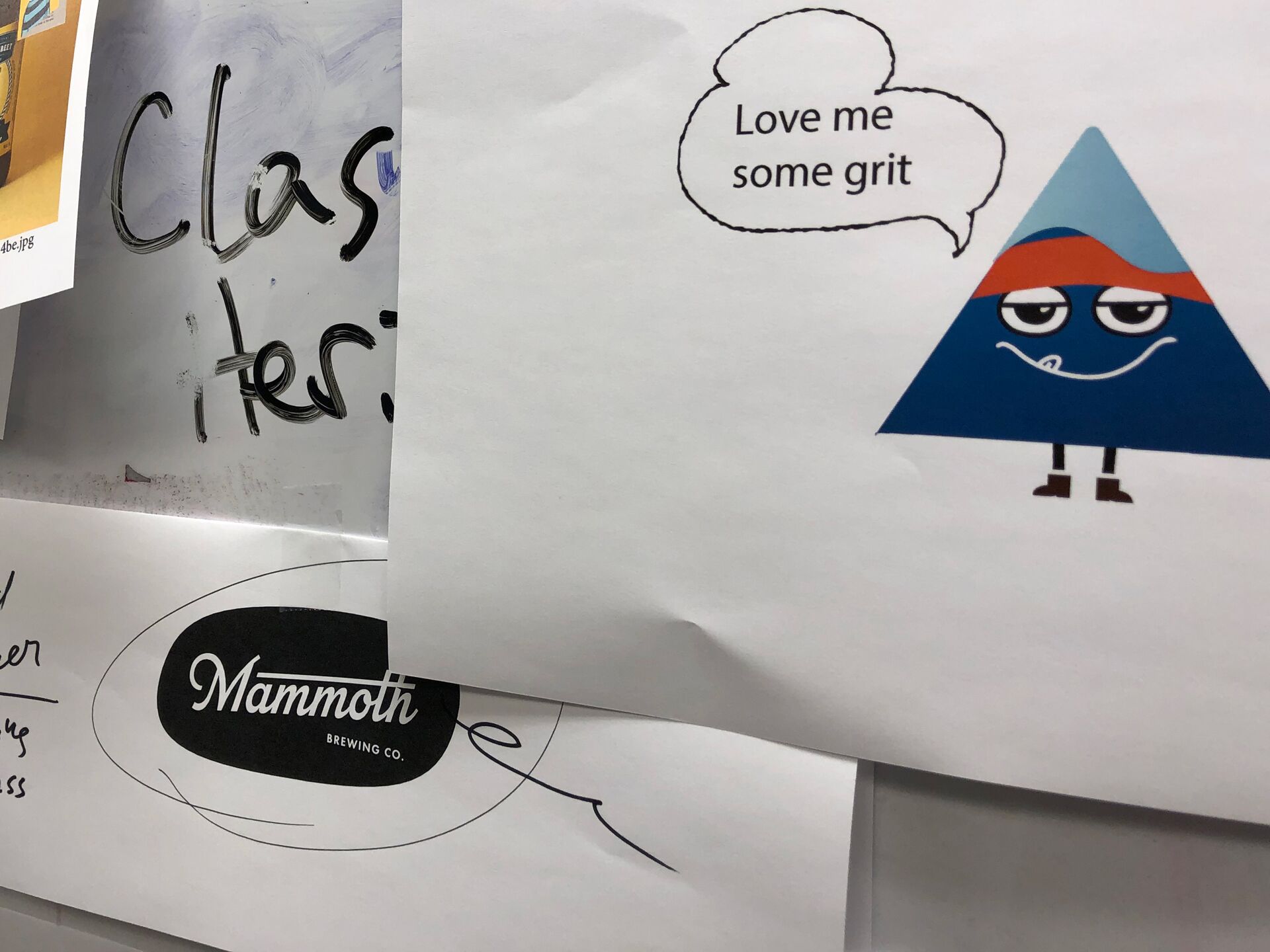Keeping it Real: What Marketers Can Learn from Aretha Franklin

After I heard the news that Aretha Franklin had died, I joined the millions of people who turned to Spotify to give the Queen of Soul a fresh listen.
About the third time that I played and sang along with “Respect,” I was struck by the great truth for marketers contained in the song’s lyrics.
There’s a lot of talk among marketing professionals these days about the need to keep it real and the importance of authentic communication with audiences.
All About Authenticity
Google, for instance, recently did a terrific profile of Refinery29, the woman’s lifestyle publisher that’s seen 300 percent growth in YouTube subscribers in just 12 months.
Amy Emmerich, the chief content officer of Refinery29, puts her finger on the reason for the fast growth: Refinery29 features real people and provides real-world solutions to decorating, cooking and shopping challenges.
But I’m certain that the tactics adopted by the Refinery29 team are likely to fail for other marketers and video producers unless the tactics are deeply rooted in respect for the audience.
An old Hollywood maxim tells us, “The hardest thing to fake is sincerity.” It’s a rare day when we don’t encounter someone who isn’t very good at faking sincerity, and we almost instinctively know that nothing good will come from engaging with fakes.
Audiences know this, too. In his groundbreaking book, “Blink: The Power of Thinking Without Thinking,” Malcolm Gladwell details how people almost instantaneously read clues and make decisions — often even before they’re even conscious of the information they’re processing. Television audiences in the 1980s didn’t really need the graphic reading “He’s Lying” in the iconic Joe Isuzu commercials developed by Della Famina, Travisano, and Partners. They knew from the get-go.
The Best Relationships Are Rooted In Trust
Trust is built upon sincerity. Sincerity, in turn, begins with respect. Or, as Aretha would tell us, “R-E-S-P-E-C-T!”
And that’s the true secret of Refinery29 and other publishers who are finding success rooted in authenticity.
They’re beginning with respect for their audience. They’re not treating the audience as a bunch of rubes who need to be tricked into buying something. (OK, we seldom say things this harshly in our planning meetings. But we’ve certainly heard the sentiments voiced in slightly more polished language.)
The successful video publishers begin with these questions: What does our audience need? How can we fulfill this need?
This is not the same as asking how we can convince members of our audience that they really, truly need the product that we’ve already got in mind. Manipulating audiences is not respectful. Listening to audiences and providing assistance to make their lives better, on the other hand, is respectful.
In The End, It’s All About Respect
Respect begins with the knowledge that the audience is composed of people just like us — people who love, fear, look for a brighter future for themselves and their children. The marketer is not the smartest person in the room. The marketer is one person among many very similar persons.
Audiences recognize respect, and they engage with those who are respectful.
It’s a fairly small piece of Emmerich’s interview with Google, but she explains that Refinery29 content doesn’t just tell viewers to use chicken stock for a recipe. Hosts explain what type of chicken stock they used, where it can be purchased, and how much it cost. That’s the sort of understanding that reflects respect for the audience and its needs.
Respectful understanding, in turn, opens the door to meaningful conversation with the audience. The conversation can be long or short, slick and highly polished, or modestly low-budget. The production values matter far less than the authenticity that grows out of sincere respect.
Or as Aretha tells us, down in third verse of “Respect”: “I’m about to give you all of my money/And all I’m askin’ in return, honey/Is to give me my propers”
I couldn’t say it any better myself.



